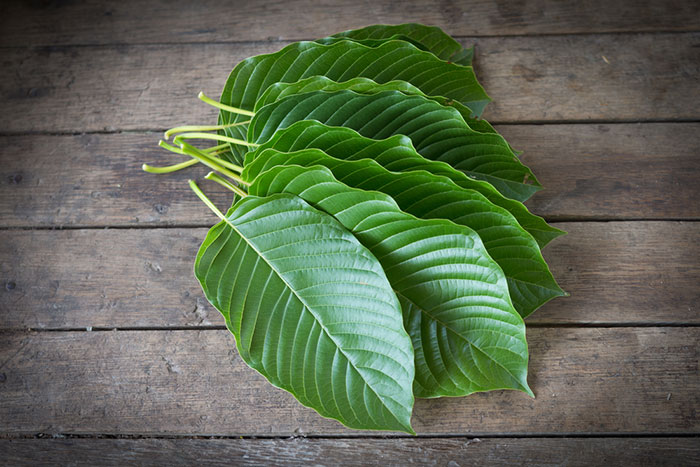More than ten million people in the United States reported using prescription opioids for nonmedical purposes. Prescription painkillers, commonly known as opioid pain medications, include oxycodone, hydrocodone, hydromorphone, and others. Many people who overuse opioids grow addicted to them. Individuals who experience abuse, dependence, or misuse sometimes turn to illegal substances. Anyone who uses opiates can be addicted, even those who have been prescribed an appropriate dose by a doctor.
You will most likely face withdrawal symptoms if you stop taking opiates after getting addicted. Many people continue to abuse opioids to avoid the unpleasant symptoms of detoxification. Though opiate withdrawal is usually not life-threatening, it can cause uncomfortable symptoms. While you may need to see an expert if you are experiencing symptoms, specific home treatments can also help. As a result, we’ve compiled a list of home remedies to help you cope with opiate withdrawal.
Moderate Exercise
Exercise has been researched as a treatment for lowering the risk of relapse to addictive behaviour, and it has been proven to decrease drug cravings and improve treatment success. Apart from being beneficial for withdrawal symptoms, exercise also has a positive impact on mood. As a result, it is a good fit for assisting people in addiction recovery to feel better, be healthier, and avoid relapse. It may even aid in repairing some of the neurological damage brought on by drug use.
If you or a loved one is experiencing withdrawal symptoms, try to engage in some daily moderate physical activity like swimming, stretching, or walking. Before beginning an exercise program, it is also wise to discuss it with your doctor to be sure it is appropriate for you.
Consuming Kratom
Kratom is a Southeast Asian tropical plant that serves as a stimulant in low dosages and a sedative in more significant quantities. For centuries, people in some cultures have utilized the plant as a stimulant and a natural pain reliever. Kratom is also gaining popularity as a possible remedy for opiate addiction.
Kratom is not the same as opioid medications, whose effects mirror the molecular level. However, it works on the same receptors as these pain relievers. Interestingly, Kratom produces opioid-like results. Consuming red bali kratom, in particular, can relieve the intense cravings and withdrawal symptoms associated with opiate withdrawals. However, because Kratom can be addictive, it is always best to consult with a doctor before consuming it. If you encounter a problem, seek urgent assistance from an expert.

Drink Plenty of Water
It is essential to stay hydrated during withdrawal, especially if you are suffering flu-like symptoms like nausea and vomiting. Know that the water output from detoxing and any associated vomiting or diarrhea might quickly cause you to dehydrate. The withdrawal symptoms will go away faster, and the body can clear itself of toxins if you keep yourself hydrated.
If your withdrawal symptoms appear to be out of control, hydration may not be enough. However, drinking 8 glasses of water daily may aid the rest of the recovery.
Eat Well
Eating well is one approach to ease opiate withdrawal symptoms. However, eating well for withdrawal is more particular than eating healthful food. Specific meals can help with opiate withdrawal by recharging your body’s vitamin stores. Vegetables, whole grains, peas, and raspberries are high in fiber and help the body deal with toxins.
Processed foods and foods high in saturated fats must be avoided. Consuming such foods will make it more difficult for your body to process them because your liver already has a difficult job to perform while you’re going through withdrawal.
Maintain Sleep Schedule
Sleep is essential for recovery, especially recovery from opiate withdrawal or addiction. Making sure you get enough sleep can help you manage opiate withdrawal. Additionally, it can aid in calming anxious feelings.
Getting enough rest is essential when dealing with the effects of opiate withdrawal. Your body desires this drug, and your fight-or-flight response is overactive. It is also beneficial to keep track of your sleep cycle as it will be impacted by your trembling, palpitations, and agitation.
Find a Distraction
Distraction strategies may also be used to assist you in getting through the craving if you experience it intensely. You might wish to take a quick walk, listen to music, or partake in some other activity to forget the urge. It often just takes 5 to 10 minutes of engaging in anything distracting for the desire to pass.
Therapists and recovery specialists may suggest additional methods and strategies to assist you in preventing relapse into drug abuse.
Conclusion
When you are addicted to opiates, your body has become accustomed to them. The negative effects of the drug, such as constipation and dry skin, may become tolerable to your body. Abruptly dropping these drugs can lead to severe reactions. Opiate withdrawal causes discomfort and pain on both a physical and emotional level. In this article, we have provided a list of home remedies that can help with opiate withdrawal.
However, if you or a loved one is going through withdrawal, consider seeking professional assistance. Home treatments may not always be the best option and may require additional help to be effective.
